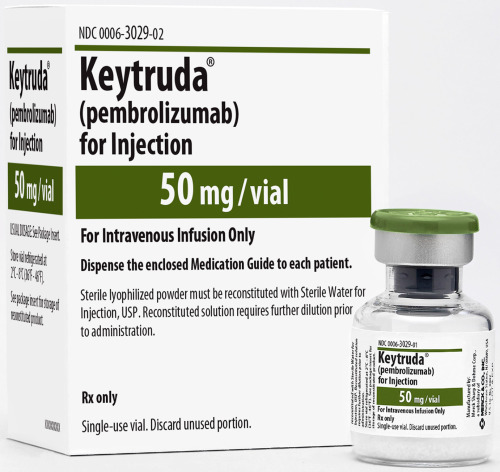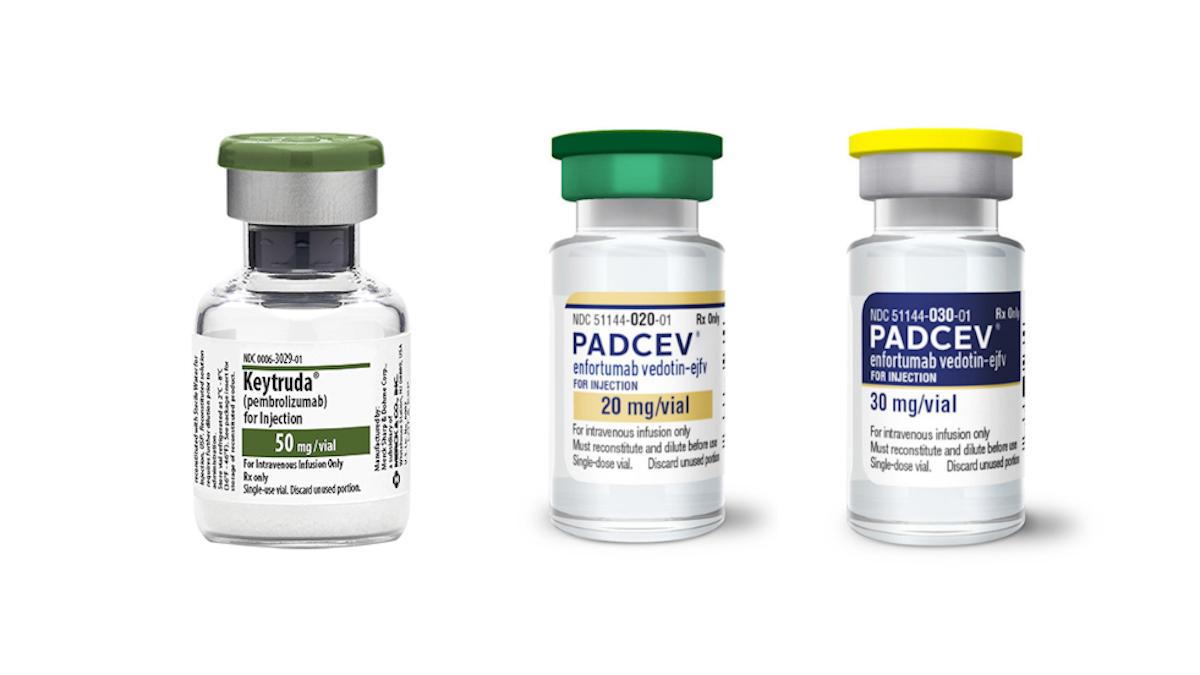Merck soars on Keytruda combination filing

Merck Inc has received a huge boost to its share price after it announced that Keytruda had been filed for use in combination with chemotherapy in first line lung cancer.
The company’s share price rocketed on the news, and produced a huge $8 billion increase to its market capitalisation, while rival BMS saw its market value drop by $2.7 billion.
The surge of confidence is because the FDA has given the filing an accelerated approval status, which could see the combination in advanced non-squamous non-small cell lung cancer (NSCLC) gain approval by 10 May.
Approval could eventually make the Keytruda combination the standard of care for millions of US patients, which would generate billions in new revenue for the company.
This would put it ahead of rival checkpoint inhibitor combinations, with BMS and AstraZeneca both in late-stage trials with their respective treatments, Opdivo and durvalumab.
Keytruda is already approved for first-line treatment of lung cancer patients with metastatic NSCLC whose tumours have high PD-L1 expression (tumour proportion score [TPS] of 50% or more), as well as second line treatment of metastatic NSCLC whose tumours express PD-L1 (1% or more).
The application is for Keytruda administered every three weeks in combination with pemetrexed and carboplatin.
The pivotal cohort from Merck’s Keynote-21 studied 123 previously untreated patients with metastatic non-squamous NSCLC with no EGFR or ALK genomic tumour aberrations and regardless of PD-L1 expression.
Not screening for PD-L1 status will give it a very broad market - however the study hasn’t demonstrated an improvement in overall survival (OS), only overall response rate (ORR) and progression free survival (PFS).
Data from another trial, Keynote-189 could help supply this OS data, and this concludes in September 2017.
Dr. Roger Dansey, senior vice president and therapeutic area head, oncology late-stage development, at Merck said: “Keytruda in combination with chemotherapy has shown promise versus chemotherapy alone in the first-line treatment of non-squamous metastatic non-small cell lung cancer, regardless of PD-L1 levels. If approved, this could be the first regimen combining chemotherapy with an immuno-oncology agent for patients with advanced non-small cell lung cancer.”
Also in pursuit of Merck is Roche, which has already begun studies of its PD-L1 rival Tecentriq (atezolizumab) with chemotherapy in NSCLC. It is being studied in phase 3 trials in combination with chemotherapy plus pemetrexed, with results expected in 2018.











